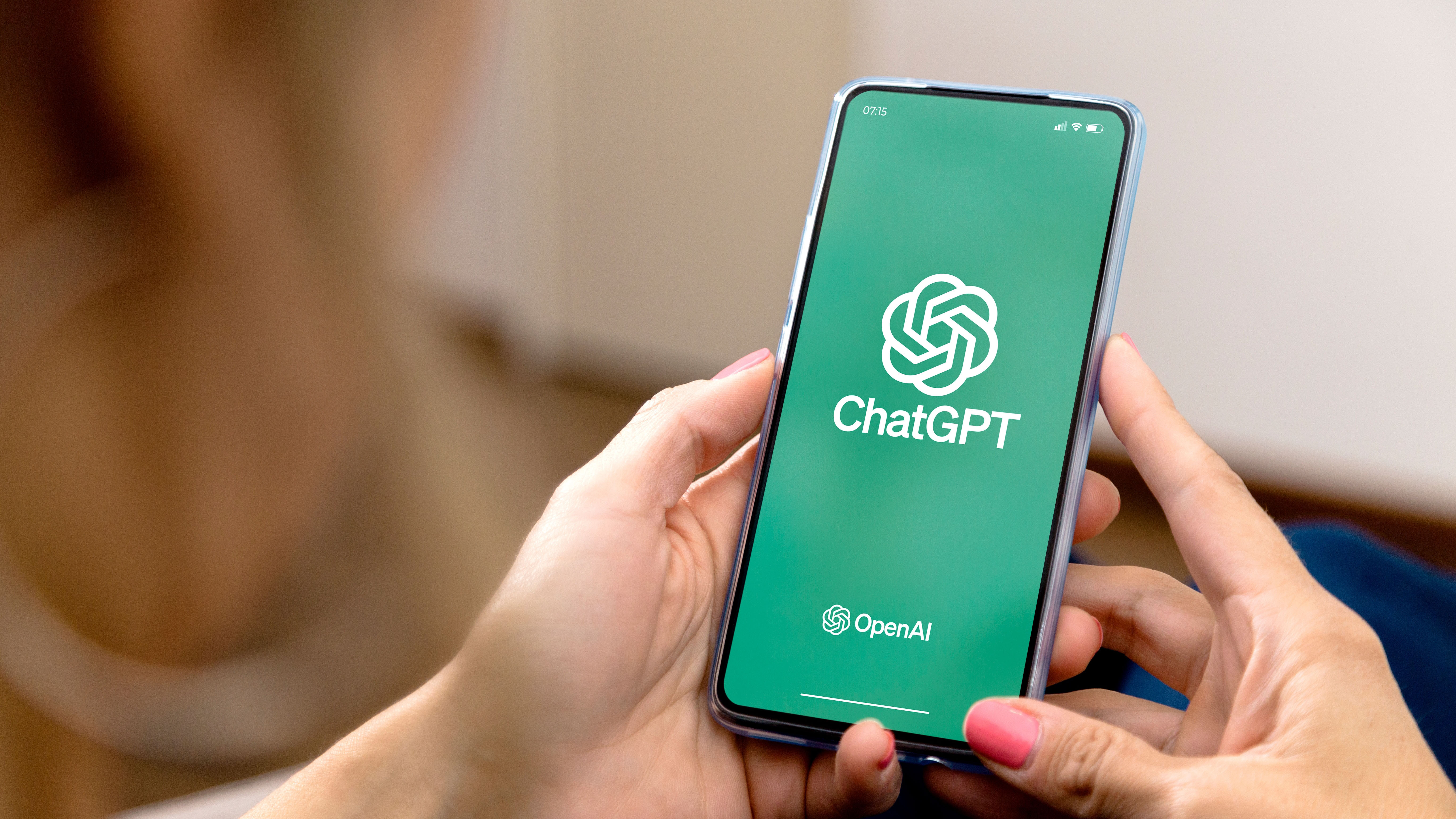When you purchase through links on our site, we may earn an affiliate commission.Heres how it works.
It might sound surprising at first, but it makes sense.
Therapy is expensive, wait times are long, andChatGPToffers instant, judgment-free responses.

But does it actually help?
And is it safe?
We spoke to experts to find out.
For some, it starts as a casual conversation and gradually shifts into deeper emotional support.
Mental health professionals recognize the appeal.
Chatbots like ChatGPT are accessible 24/7, providing support whenever someone needs it.
Another major benefit is the judgment-free nature of AI interactions.
Most importantly, AI therapy is accessible and it’s cheap.
AI, on the other hand, provides immediate, cost-free conversations.
AI therapy tools can help walk users through mindfulness exercises and coping strategies, says Frank.
Because while it’s clear there’s some potential, big concerns remain.
Understanding a therapy model and applying it are two different things, saysCounseling Wisetherapist Becky DeGrossa.
AI, despite its capabilities, lacks this essential human element.
This lack of deeper understanding can lead to several problems.
Because mental health is highly sensitive, a chatbots responses can sometimes do more harm than good.
AI tends to mirror the users emotions rather than challenge unhelpful thought patterns.
Another major issue is misinformation.
AI can hallucinate, meaning it may generate false or misleading information.
In a crisis situation, this could be dangerous.
Privacy is another concern.
Therapists follow strict ethical guidelines, including confidentiality rules designed to protect clients.
AI chatbots may store, analyze, or even pass on user data, raising significant privacy risks.
AI as a helpful tool, not a replacement
Conversations about mental health are complex.
Everyone has different needs, challenges, and barriers to accessing care.
With that in mind, it would be an oversimplification to say all AI therapy is bad.
After all, it seems some people do find value in it.
Therapy-specific AI tools are also on the rise, signaling a growing demand for digital mental health support.
But experts suggest we need to shift our thinking.
But we cannot hand over the reins entirely.
“AI chatbots can be helpful,” says Elreacy Dock.
“But when it comes to mental health, the most powerful healing still happens in human relationships.”